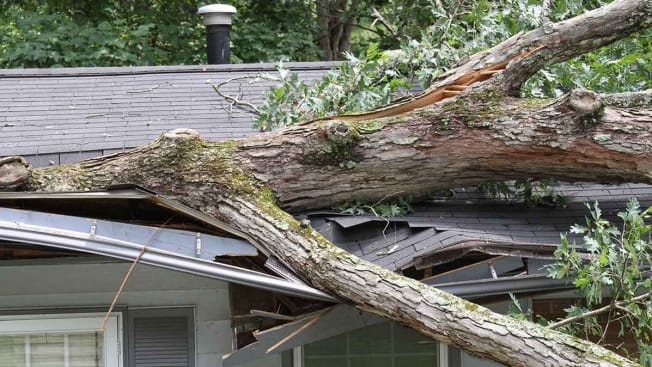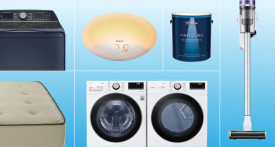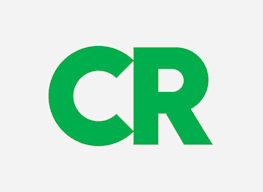Best Homeowners Insurance Companies From Consumer Reports' Ratings
Our exclusive findings will help you find coverage that's top-notch and well-priced

To find the best homeowners insurance companies in America, Consumer Reports fielded an exclusive survey of tens of thousands of our members.
To be specific, 59,670 people told us about 65,000 experiences they’d had with their homeowners insurance carriers—including settlements of claims within the past five years, prices paid for insurance premiums, policy reviews, and other key aspects of shopping for and owning this important coverage.
We’ve taken this approach because it’s not enough to know how well a homeowners insurance carrier treats customers on the phone, or how easy the policy is to read—although those were among the attributes we considered. It’s after catastrophe strikes—a storm, fire, robbery, or even a liability lawsuit—that you truly find out if you’ve got a reliable ally, one that’s responsive during the claims settlement process and pays you fairly.
Responses to our survey inform our ratings of 24 homeowners insurance carriers, which is available to CR members. Our list includes well-known homeowners insurance companies like Allstate, Amica, Farmers, Nationwide, State Farm, Travelers, and USAA.
















